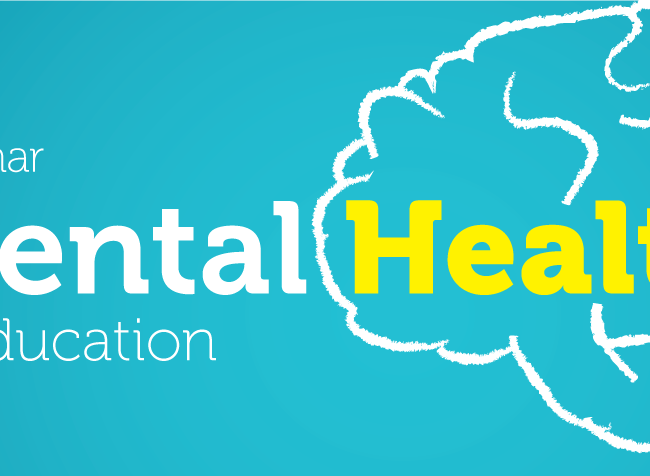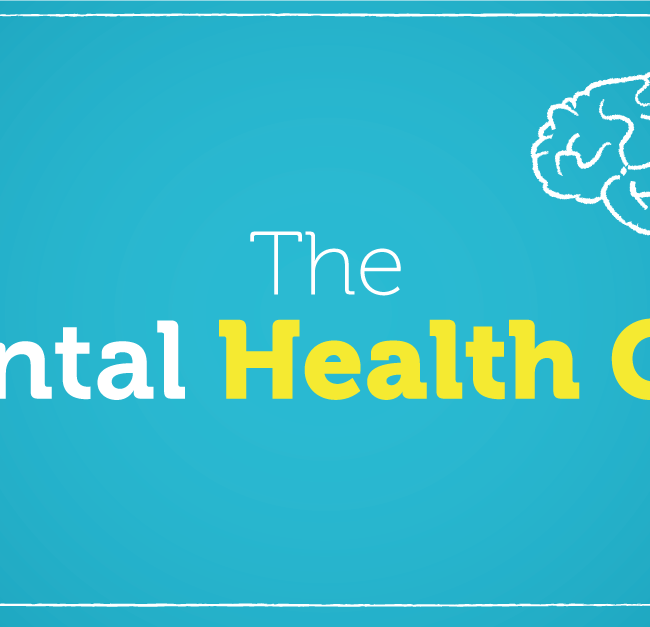
Interview: a View on Mental Health Problems amongst Students

Mental health continues to be a great issue amongst students. Some might even say mental health is a growing epidemic. According to Mind, 75% of mental health problems are established by age 24. We interviewed Joel Gujral, co-founder of MYNDUP, to get his view on mental health problems.
Joel, thank you for taking the time for us. As we understand it, mental health problems are becoming more and more common.
It is true that mental health problems are more common nowadays. A lot of research has gone into finding out what causes these problems. What is shocking to me, is that 75% of all mental health problems are established by the age of 24. It is unsurprising though, given the fact that mental health is a big issue in higher education as well.
What do you think is the cause of mental health problems in higher education?
It is important to understand that everyone is different and that all mental health problems are difficult to compare. Usually it is a combination of different triggers, some of which are more common in higher education. Starting at a university marks a major transition in life. It may be the first time that students are away from their families, which can cause loneliness, stress and anxiety. Academic pressure is another trigger of stress and anxiety. Hitting deadlines and trying to score well in exams can be hard on students, especially during exam season.
Do you have any experience with mental health problems of your own?
When I was at university, my best friend struggled with mental illness. We reached out to the university to get proper help, but their services were at maximum capacity and offered very little alternative support. At the time, I was his main support even though I was not qualified whatsoever. During that period, we also had our final year exams. Adding everything up it was mentally strenuous. Everything combined it resulted in myself suffering from extreme stress and anxiety. Looking back, it really was a traumatic experience.

Is there anything your university could have done differently?
It is very difficult to prevent mental health problems from occurring, but it is possible to manage them. If it is not managed appropriately, things can spiral out of control. Obviously, there is a need for more mental health services. Educational institutions need to be able to signal symptoms and provide care to students in need. With enough services at the time, our problems could possibly have been managed.
So basically, the capacity of services is the big issue?
Well it is not as simple as that. In the long term, we need to try and find a solution to prevent mental health problems from occurring. This is not something that can be done overnight, it is something that requires everyone to combine forces and find a solution together. However, in the short term we do need enough capacity to manage problems. By providing help when symptoms start occurring, we can prevent it from spiraling out of control. There is no one solution for mental health problems, which is why we founded MYNDUP. With our platform we offer on demand help. We deliver a variety of services, from counselling and therapy to life coaching. We try to make mental health care more accessible to those who need it. This way, we hope to be part of the solution. However, it is up to educational institutions to realize they need to actively focus on the issue. Without them it will be impossible to find a way to cope with student mental health problems.
Joel is one of the guest experts in our webinar on Mental Health in Higher Education. If you want to learn more about mental health in education and what you could do to better support your students, register now for the free webinar!








